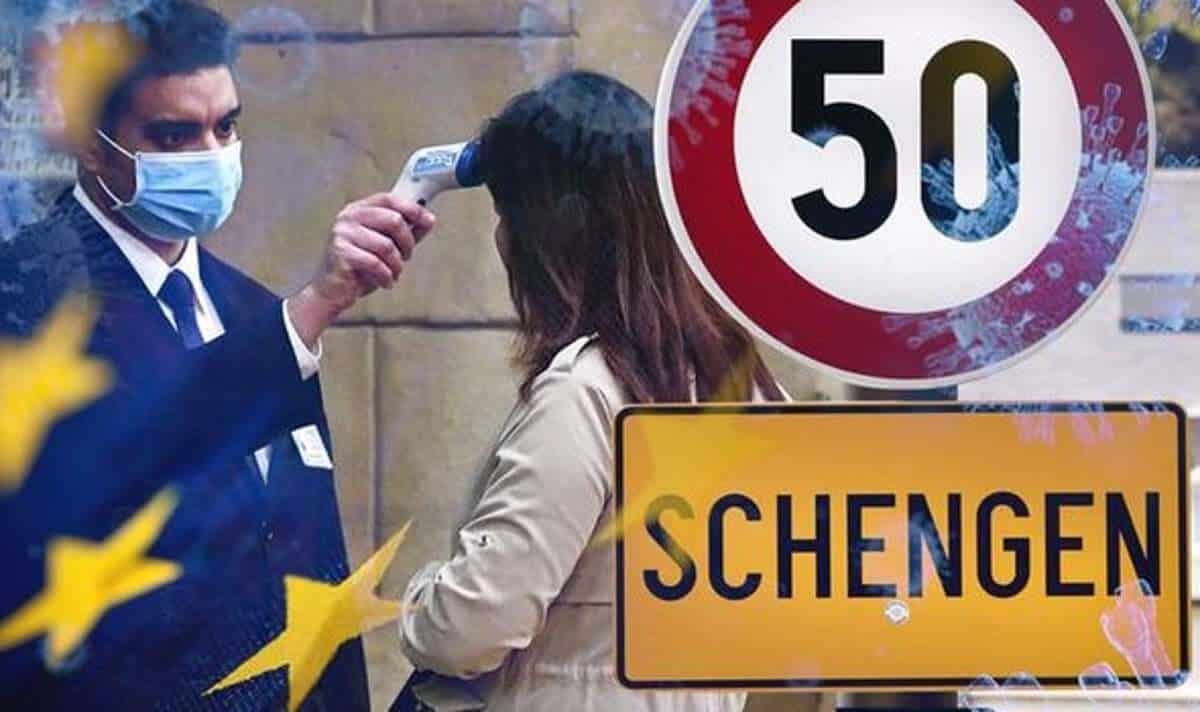

With multiple EU nations reinstating ‘temporary controls’ at their borders, concerns arise regarding the potential unraveling of a fundamental EU principle.
Since the 1980s, the Schengen Agreement has enabled seamless travel across member states by eliminating most border checks, with exceptions like the UK and Ireland, who opted out, and non-EU countries such as Norway joining in. As the EU expanded, Schengen permitted borderless travel for millions, but it has not been without its critics. Concerns over security, especially in the wake of terrorist activities and migration surges, have tested its resilience.
The COVID-19 pandemic further exposed vulnerabilities within the Schengen Zone. In March 2020, as the virus spread, member states rapidly shut their borders, halting cross-country travel and cooperation. This significant interruption sparked worries about a potential shift in the Schengen dynamics.
Although normalcy gradually resumed, periodic border reinforcements have become common, highlighting a growing political tension within the EU. The Schengen Agreement does allow for temporary and targeted border measures under exceptional circumstances, a clause that many countries are now invoking.
Recently, countries such as Sweden, Germany, Austria, Slovenia, Italy, Norway, Denmark, and France have cited unique security threats as reasons for border checks. Sweden references increased risks from Middle Eastern conflicts, Germany points to issues of irregular migration, and France previously invoked the Olympic Games as a rationale, even post-event.
Germany’s decision to reimpose border checks, particularly, has sparked debate. Following a violent incident involving an asylum seeker, the German government, facing political pressure, decided to fortify its borders—a move that has influenced election results, elevating the far-right Alternative for Germany party.
MEPs recently queried outgoing Home Affairs Commissioner Ylva Johansson regarding these measures. German Social Democrat MEP Birgit Sippel expressed concern about the economic and social ramifications of these border checks on European cohesion.
Despite assurances from Ms. Johansson of minimal impacts, it appears Germany’s controls will persist, mirroring a broader, politically driven trend across the continent. France’s government, under right-wing leadership, similarly suggests bolstered border measures, with the National Rally’s leader declaring the ‘end of Europe without frontiers.’
Further complicating the outlook on Schengen, Commission President Ursula von der Leyen has nominated an Austrian for the role of Commissioner for Internal Affairs and Migration. Austria itself is intensifying border checks, indicating a continental shift in approach towards the Schengen framework.
While the European Commission continues to champion the ideal of a border-free Europe for over 425 million people, the reality appears increasingly complex, as political factors drive decisions impacting the Schengen Agreement’s core objective—unrestricted movement across Europe.
In January 2025, the EU recorded 66,800 first-time asylum applications—an 8% rise from the previous…
Greece’s Migration Minister Makis Voridis has reaffirmed the country’s tough stance on illegal residency, stating…
As of January 2025, Greece's minimum wage stands at €968, placing it among 10 EU…
A rare 1964 photograph, shared on *Elena's Diary* Instagram, captures Maria Callas and Aristotle Onassis…
In a quiet Menidi neighbourhood, a tragic femicide has left the community in shock. An…
In Greece, Easter greetings change with the rhythm of Holy Week — from “Kalo Pascha”…